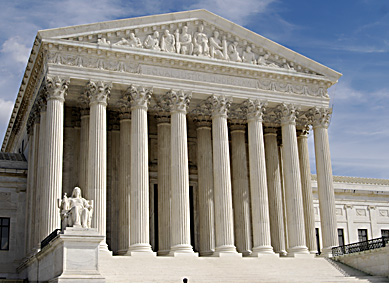
Wealthy Americans: Reduce your exposure to the 3.8% tax on unearned income
November 28, 2015
Does Your Business Have Unpaid Payroll Tax?
July 23, 2022
In a rare decision, the U.S. Supreme Court essentially over-ruled itself. Get ready to pay sales tax on internet orders from out of state companies. While this will undoubtedly be a boon for states with low or no state income tax, it will cost online purchasers. As background, the U.S. Supreme Court in Quill Corp. v. North Dakota (1992) held that generally a company (seller) had to have a physical connection or presence in the state where a purchaser was located in order for state sales tax to be collected. That meant that no state sales tax was collected when purchasing a product from an out of state seller with no physical location in the buyer’s state. Many states have historically collected tax on out of state purchases through what is commonly know as a Use Tax. This involved voluntary reporting and payment on behalf of the purchaser. As you might imagine, not many wanted to voluntarily pay tax.
With the Supreme Court's new decision in South Dakota v. Wayfair, Inc. consumers will probably be paying sales tax when making internet purchases from out of state companies. Will this have a significant impact on internet business activity? Time will tell.
States have long been desiring this change in the law and it will undoubtedly mean that you will be paying more.
With the Supreme Court's new decision in South Dakota v. Wayfair, Inc. consumers will probably be paying sales tax when making internet purchases from out of state companies. Will this have a significant impact on internet business activity? Time will tell.
States have long been desiring this change in the law and it will undoubtedly mean that you will be paying more.
